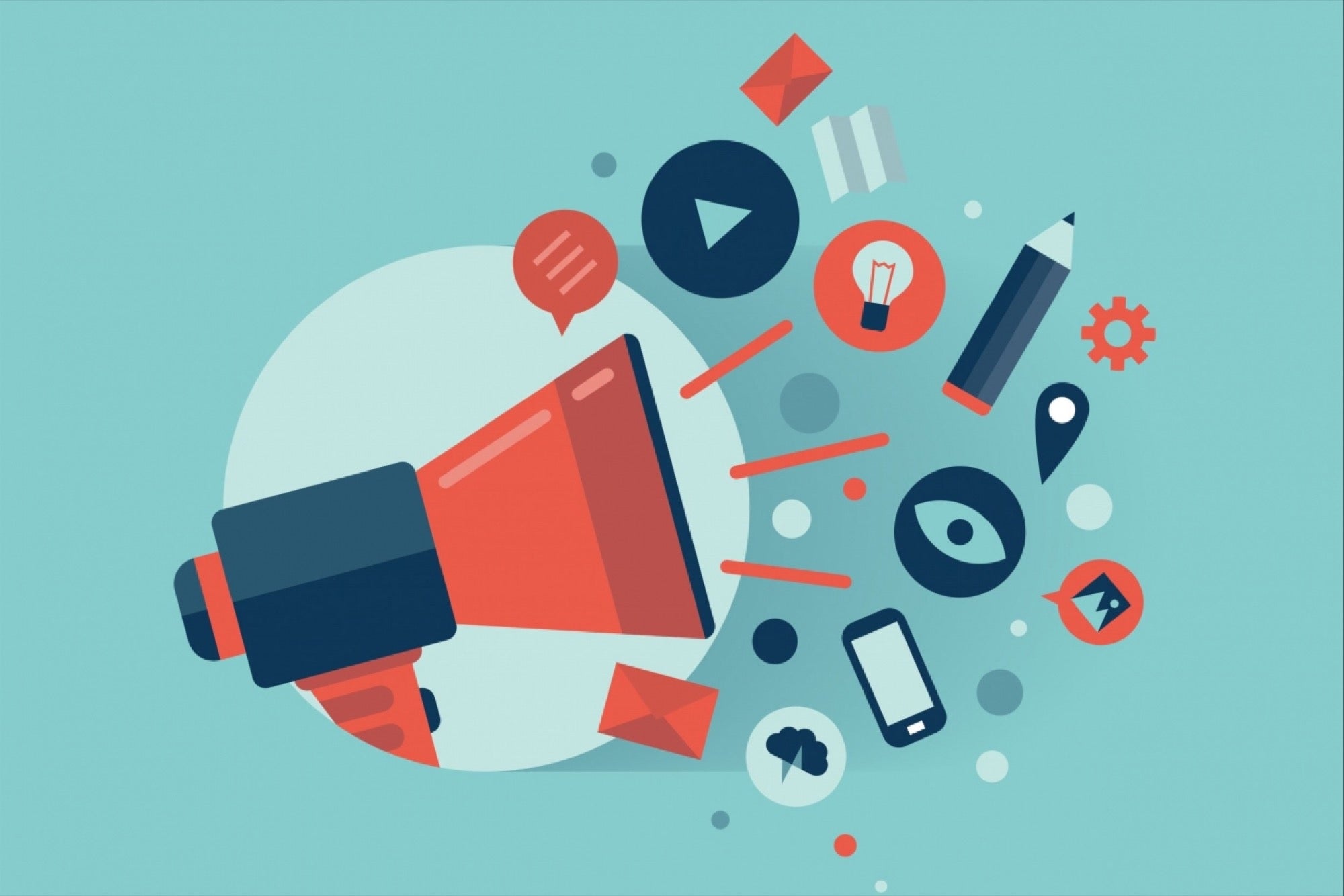What is CRM Predicting Technology? In the world of business, the term “CRM” has become synonymous with predicting customer needs and buying habits. Companies large and small have been using CRM software for decades. The problem however is that this software does not work in a vacuum without influencing the decisions and actions of business owners and managers. If you ask the average company employee what is the most important factor in their lives, almost ninety percent would say their freedom to make decisions and take actions, which is far different than a CRM software which can be remotely operated from any location around the globe.
It is well known: that a business person should not blindly follow the lead of CRM software when implementing CRM techniques because a business owner’s goals are much different from a CRM analyst’s goals. For instance, a business person who works as a buyer for a company may want a company to constantly improve upon the quality of the products they buy. This means that a CRM software tool that is supposed to determine the ideal ROI for a particular company could really just set it back. On the other hand, a business person who works as a supplier or an accounts executive may wish that the company constantly improves upon the current process they use when sending out orders. Again, a tool such as a CRM predicting software which is supposed to provide a company with the best possible Return on Investment (ROI) would not do well in this type of context.
So in answer to the first part of the above CRM predicting technology question: yes, CRM software can provide a business person with the tools to accurately predict what customers are at risk of. However, as mentioned before, predicting what customers are at risk of is only one piece of the pie. The reality is that business people need to understand all aspects of their business, including the factors which cause dissatisfaction with existing products and services and what customers are most likely to purchase in order to satisfy their needs.

In answer to the second part of the above question: a. crm reporting technologies can help a business person with the goal of “matching” the needs of their customer with those of their product. But, as we have noted above, that goal is not attainable if a business person does not understand what their customers are currently looking for and how to provide them with the answers to those questions. A. crm processing technologies can assist a business person in understanding the goals of their customers and how to meet those goals. However, those goals must be understood and they must be understood by a business person in a way which a. crm analyzing technologies can’t.
The third part of the question is: “why do you think it’s important to learn vocabulary terms when it comes to CRM?” Again, we recommend that you consider using flashcards games, because you will quickly learn vocabulary terms which are commonly used in any type of CRM environment, including marketing management, customer support, finance, or sales. Those vocabulary terms include things like “pro bono” or free, which means that a customer who is struggling to make payments probably won’t have any luck when it comes to actually getting the services or products that he or she needs from you. That’s why it’s so important to learn those vocabulary words.
The final part of this question: which asks if your understanding of the above question is accurate, is: “do you think that CRM is better than legacy CRM?” We recommend that you answer the above question with a yes, because CRM is much more accurate and it allows a business person to properly plan out the steps that his or her company will take as it moves forward in order to meet its customer’s needs and increase profits. In addition, most companies find that they save money when they use CRM. Finally, the fourth part of the question above relates to the first four parts of the previous question, and here is how we answer it: “if you had to choose between having a CRM system that is not up-to-date and having a system that you must constantly update, which would you choose?”
In short, we recommend that you absolutely consider updating your CRM, but you should also understand that it is not necessary for you to do so on a daily basis.





